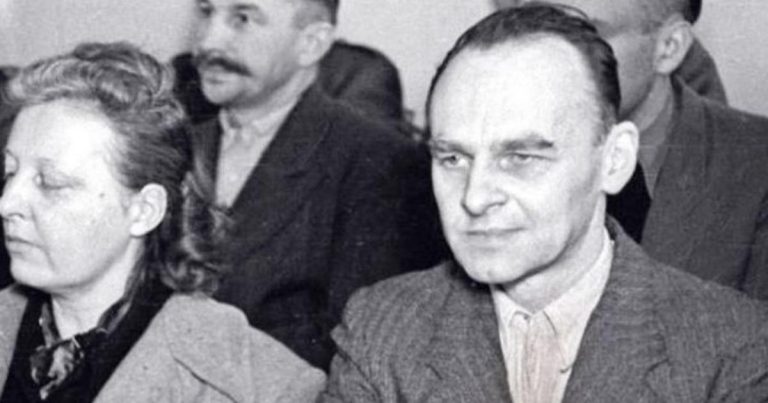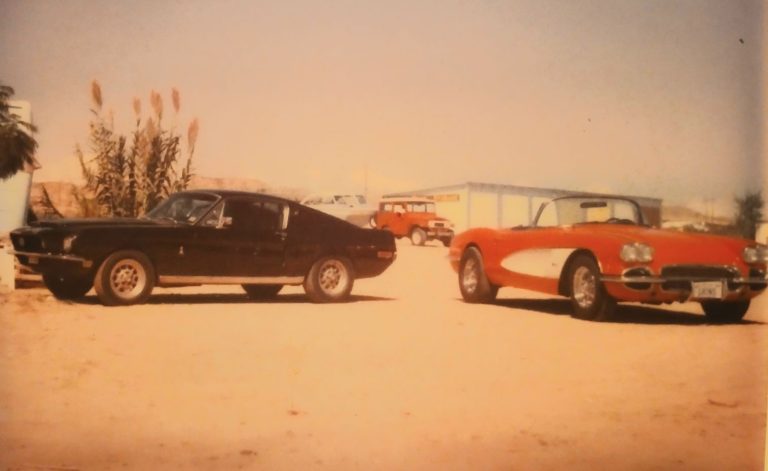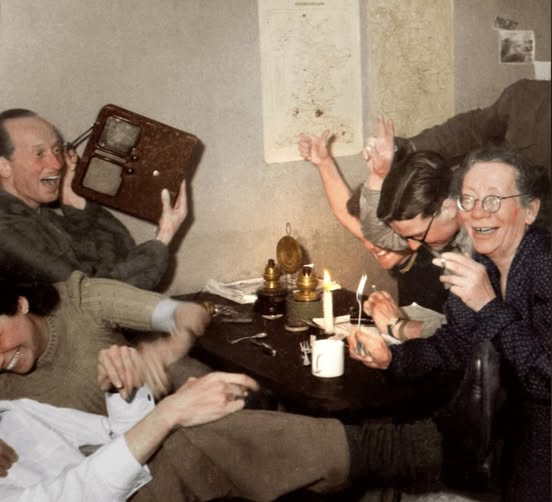Before Elf on the Shelf, We Had Aunt Carol and the Fancy Napkins: What christmas used to be like
You didn’t need a list on the fridge. Nobody wrote them down. But we all knew the rules.
Especially at Christmas.
They weren’t rules in the strict sense — more like little rituals passed from Grandma’s hands to Mom’s apron to our quietly watching eyes. And though they varied slightly from house to house, across the ’50s, ’60s, ’70s, and even into the ’80s, a certain rhythm held true.
Looking back, those small unspoken traditions didn’t just make Christmas magical — they made it ours.
1. Don’t Touch the Good Candy Until the Guests Arrive
There was always a bowl. Usually crystal. It sat on a side table no one touched the rest of the year.
Inside? Ribbon candy. Peppermints. Maybe chocolate-covered cherries.
You could look at it. You could even ask about it. But eat it? Not until Aunt Helen rang the bell and Dad called out, “Company’s here!”
2. Only One Present on Christmas Eve — And It Was Always Pajamas

Every year we acted surprised. But deep down, we knew.
That neatly wrapped box under the tree on Christmas Eve wasn’t a toy or a game — it was pajamas. Soft, warm, sometimes matching, sometimes itchy.Still, we ran to put them on. Because once those PJs were on, Christmas had officially begun.
3. Save the Bows. And the Paper. And Maybe the Boxes, Too.
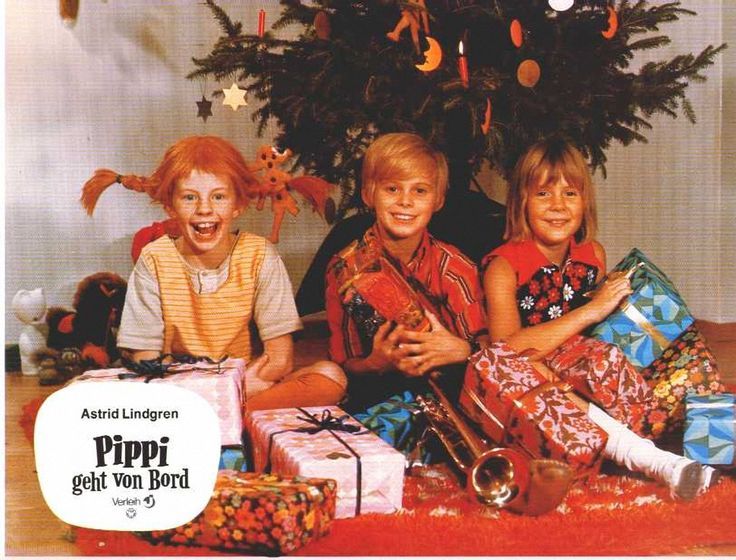
“Open it carefully!”
Those three words echoed through living rooms across the country.
Wrapping paper wasn’t meant to be ripped — it was gently slid off, folded, and stacked for next year. Bows were collected in a used tin. And if someone tore the paper too fast, Grandma would give a look that could stop time.
4. The Fancy Towels in the Bathroom Were Not for Hands
You knew the ones. They were stiff. Embroidered. Maybe had tiny bells or poinsettias stitched into them.
They hung perfectly on the bar in the guest bathroom — and if you dared to dry your hands on them?
Heaven help you. There was a normal towel under the sink. Use that one.
5. Light the Tree After Dark — Never Before
During the day, the tree just sat there — quiet and pretty.
But once the sun dipped and dinner dishes were cleared, someone (usually Dad) would lean in, plug it in, and the whole room would glow.
No flashing LEDs. Just those big, warm, colorful bulbs that hummed softly and heated the room ever so slightly.
6. The “Kids’ Table” Was Forever
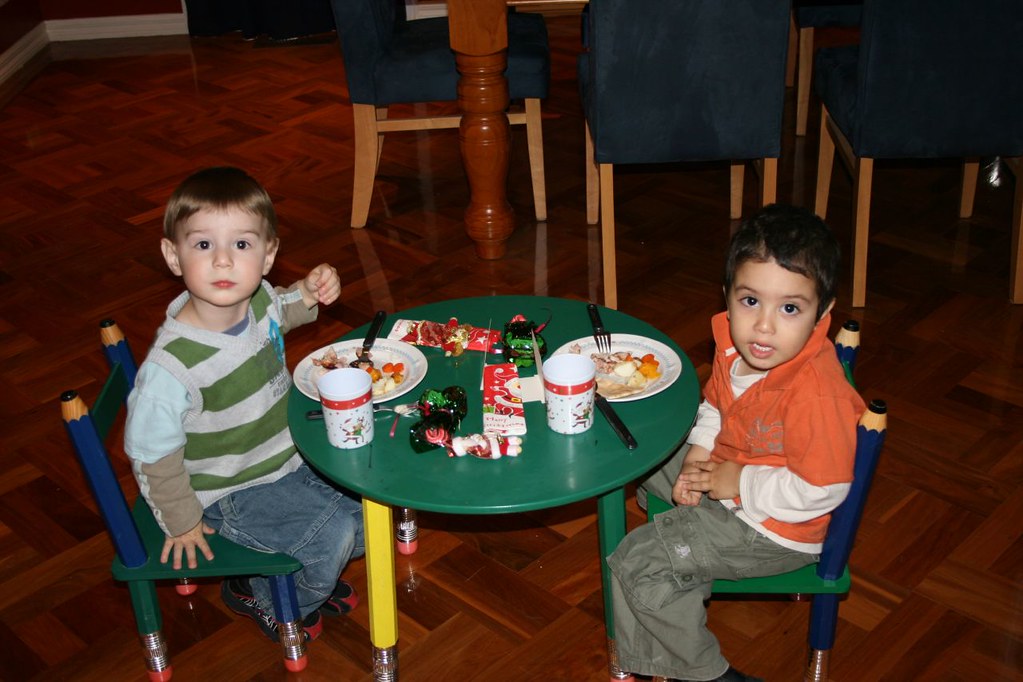
No matter how old you got, if you were under 30 and didn’t have kids of your own, you were still at the kids’ table.
Plastic cups. Folding chairs. A slightly sticky card table. And somehow, it was the best seat in the house.
Laughter was louder there. Rules were looser. And the stories? Legendary.
7. TV Was Reserved for Christmas Specials — And You Couldn’t Miss Them
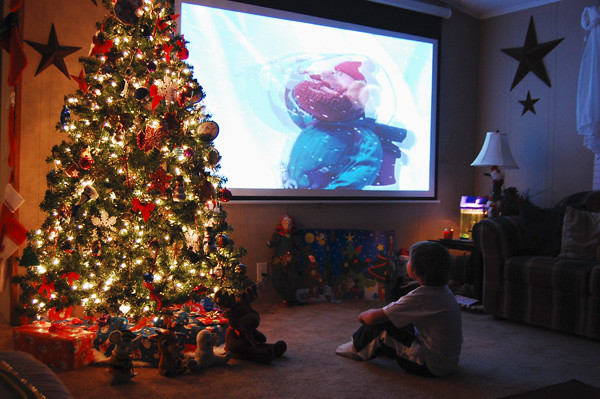
If Charlie Brown, Rudolph, or Frosty was on TV, the house went still.
You planned for it. You circled it in the TV Guide. You didn’t pause it. You didn’t replay it.
You watched it — together — with popcorn or cocoa, and maybe a blanket over your lap.
8. No Complaining About Fruitcake. You Still Had to Eat It.
Someone always made it. Or brought it. Or shipped it.
It was dense. It was heavy. It had green cherries in it. But it was Christmas, and you took a slice.
Because saying “no thanks” wasn’t an option. That fruitcake had traveled. It was tradition. And tradition meant something.
9. Don’t Forget to Thank Everyone, Even If You Hated the Gift
A scratchy sweater. A book you didn’t want. Socks — again.
Didn’t matter. You smiled. You said thank you. You maybe even tried it on.
Because Christmas wasn’t about what you got. It was about who gave it to you. And you were raised right
10. You Had to Wait. And That Made Everything Better.
Waiting was part of the magic.
Waiting for Christmas morning. Waiting to open presents. Waiting for the mailman to bring cards. Waiting for the pie to cool.
We didn’t have next-day delivery or same-hour streaming. And yet — somehow — Christmas always came right on time. And it felt bigger because we waited.
One Last Rule: Christmas Was a Family Production
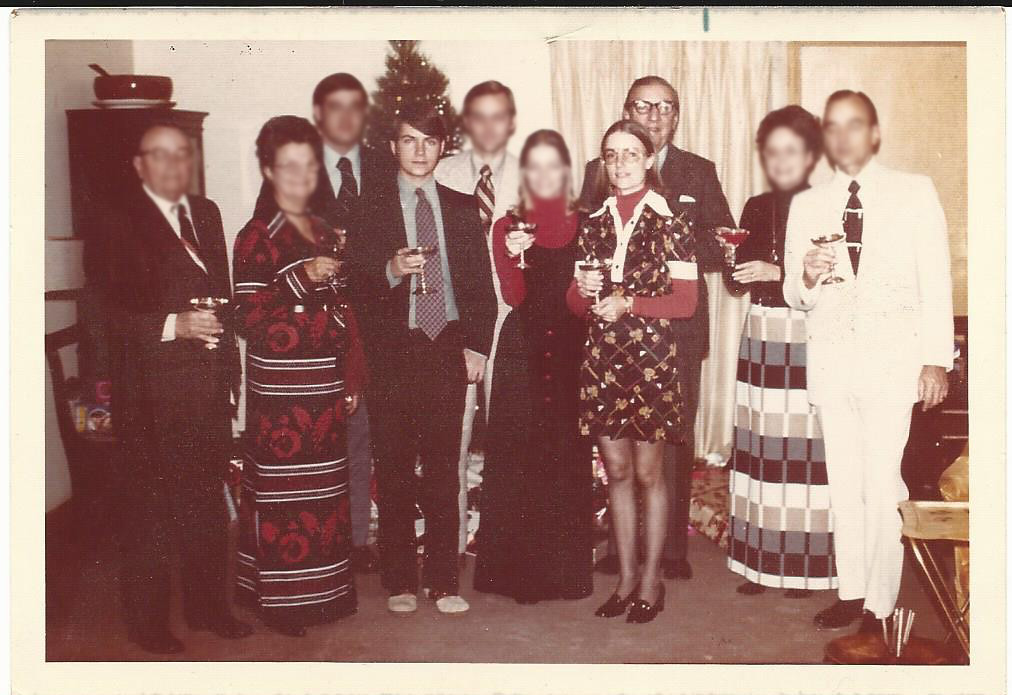
It wasn’t perfect. There were burnt rolls, tangled lights, and maybe the occasional argument about tinsel.
But it was ours.
Everyone pitched in. Everyone had a role. And when it all came together — mismatched dishes, kids in flannel pajamas, grownups sneaking seconds — it was something bigger than presents or planning.
It was memory in motion.
And those small unspoken rules?
They were the glue.

